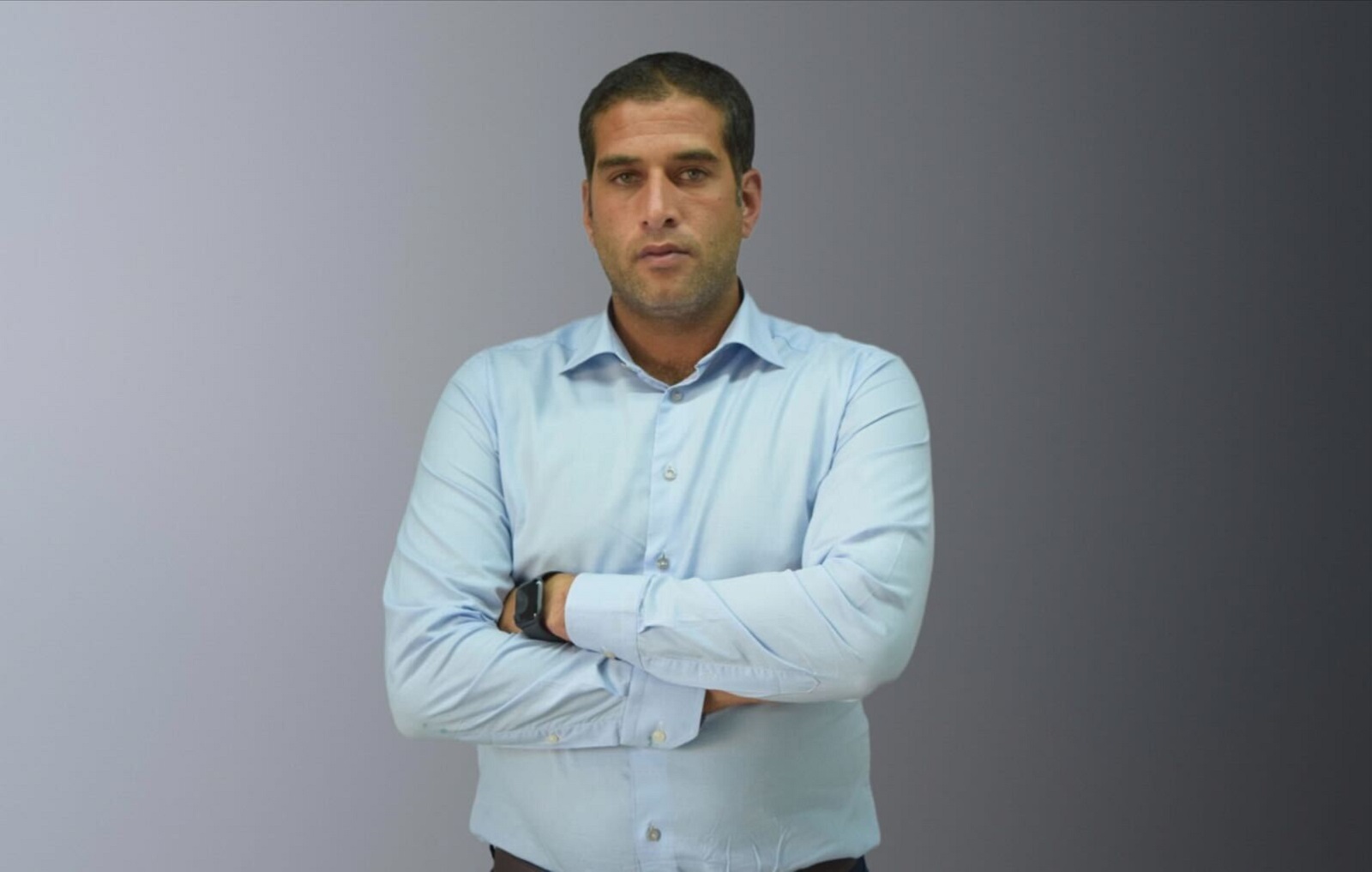Meet our founder of the week: Mahmoud Talaat, CEO and co-founder of Cartona

OUR FOUNDER OF THE WEEK- Mahmoud Talaat, CEO, and co-founder of Cartona (LinkedIn).
My name is Mahmoud Talaat and I am the CEO and co-founder of Cartona. Cartona is actually my third entrepreneurial endeavor. My first job was at Lamar in 2012, back when it was still a startup and the products had not yet been launched. As CCO, my job was to ensure that the new products were fully distributed in the market. I handled the operations for many warehouses and created an indirect distribution network.
I founded Speakol back in 2017 while I was still working at Lamar, and it is a fully bootstrapped startup that is profitable. Speakol is a native advertising platform that connects publishers with advertisers. We currently operate in Egypt, Saudi Arabia, and the UAE, and are a leading native advertising platform, generating around 2 bn paid views each month.
We founded Cartona to tackle a problem that I personally encountered during my time at Lamar. Part of my role was ensuring that the products made it to as many supermarkets, small grocery stores, and kiosks across the country as possible. The process is very straightforward with large supermarkets such as Carrefour or Metro: You pay the listing and marketing fees, and rent out shelf space. The issue is that these large supermarkets only make up around a quarter of the market; the majority is made up of around 400k small mom-and-pop stores.
Without any tech, the only way companies can reach these small retailers is by having vans physically pass by each store with products. The entire process depends on these stores’ liquidity availability and demand on a given day. I encountered instances where a retailer would want the products, but would be strapped for cash and unable to pay, rendering the visit unsuccessful. The entire process is just inefficient.
Cartona helps facilitate this process through its marketplace that directly connects retailers to FMCG producers and wholesalers. We do not own warehouses or cars; we are an asset-light marketplace. Suppliers list their products, prices, and details regarding delivery on the platform. Retailers can then compare prices (products can often have several prices in Egypt) from their end and place an order. Pre-ordering allows for a more streamlined and efficient process that cuts down on producers’ and wholesalers’ costs, which in turn allows them to offer retailers better prices.
Retailers were a lot easier to get on board with the new technology initially because the value proposition for them is extremely clear. They get to compare prices, when before they did not have that price visibility. Wholesalers and big multinationals were a bit more difficult to convince since we charge a commission on each order (though we don’t charge an initial fee for them to list their products). As we signed on more suppliers and reached an equilibrium between the number of retailers and suppliers, we were able to achieve the flywheel effect.
The most important KPIs that I look at are retention and positive margins. They are both extremely important because they tie back to your value proposition. Repeat customers indicate customer satisfaction with the service we are providing. From day one, positive margins were something that I'm really conservative about. I believe that if you’re really solving a problem, there is value in that, and your customers will be willing to pay money for your service. Positive margins indicate that you're bringing something to the table.
I gave up working at my family business, the Talaat Moustafa Group, which owns and operates a multitude of businesses. I always saw myself working in the family business and I did that for a while after university, but around a year in it was very apparent to me that I wanted to build something from the ground up. So, although it was a big sacrifice and a difficult step, it was one I was excited to take. My family initially struggled to accept my decision but supported me when they saw how passionate I was about building Cartona.
To date, Cartona has raised around USD 17 mn: We recently raised USD 12 mn in our series A round, led by VC firm Silicon Badia. Finance in Motion, Global Ventures, KfW’s Sanad Fund, Arab Bank Accelerator, Sunny Side Ventures, Global Ventures, and Kepple Ventures have all invested. I could have convinced my family to invest in Cartona, but I chose the VC and institutional investor route because of the value they bring. They help us think big and set benchmarks, as well as advise and mentor us, which is great added value.
Our short-term goal, with our latest funding and focus on FMCGs, is to be profitable by 2024. In the long run, we want companies to stop viewing Cartona as a third party but rather as an extension to their sales force or distribution arm. We would achieve this by fully integrating with companies and wholesalers in their ERP. They would not even have to look at our dashboards:Everything would be integrated into their systems, though that would require a big investment in technology. With this integration, we would be able to tackle other markets: I believe this solution would work in many markets in Africa, Southeast Asia, and even South America.
In my spare time, I enjoy playing football. I actually attended Northeastern University in Boston on a football scholarship. The issue with building a startup is that you struggle to take time off to relax. You’re constantly thinking about the business. These days, if I’m not working, I’m spending time with my family and my kids. I also enjoy reading and usually read a book every month. I’m currently reading The Magic of Thinking Big, which is all about positive thinking.